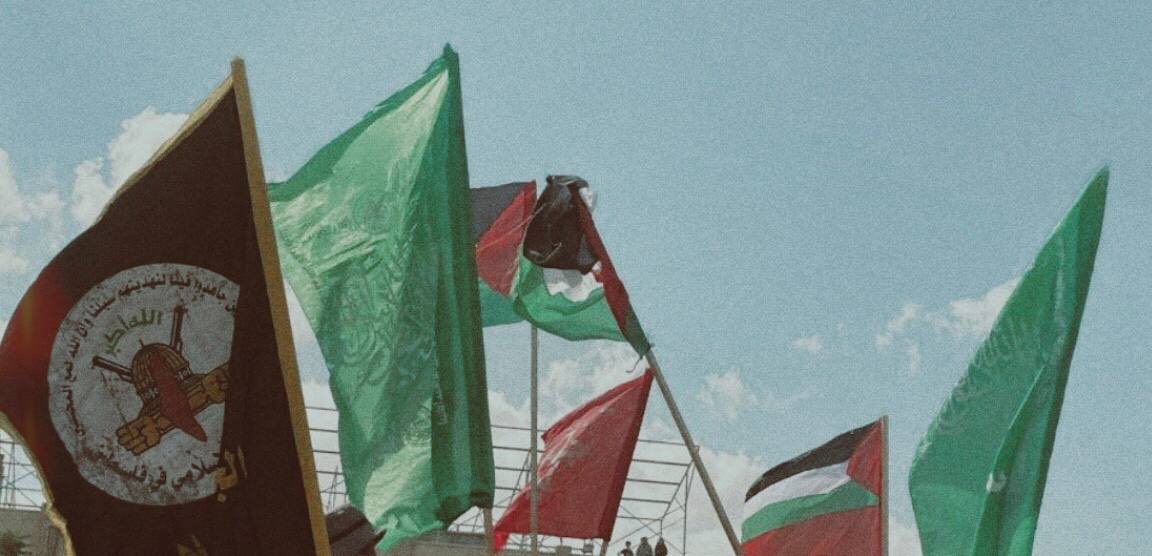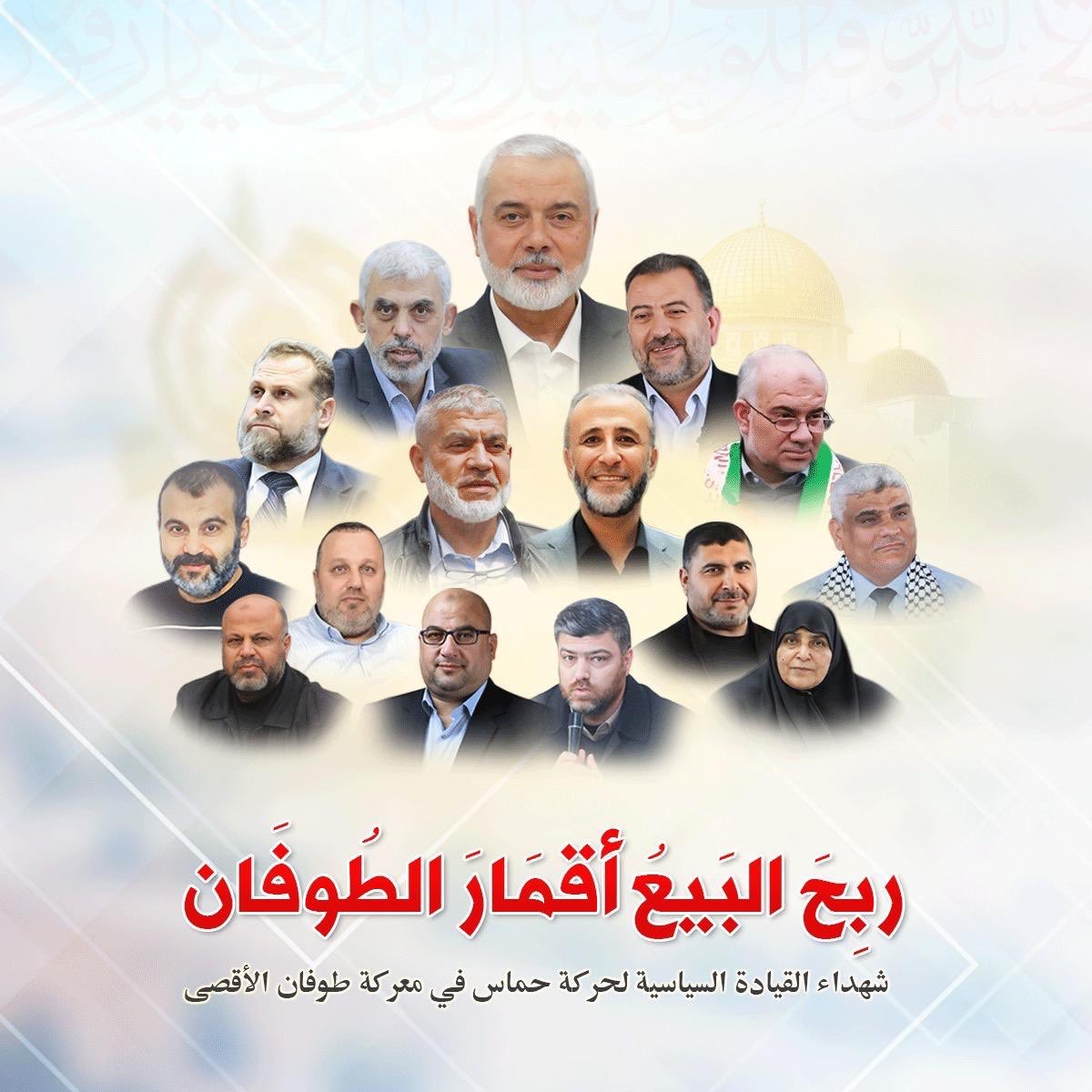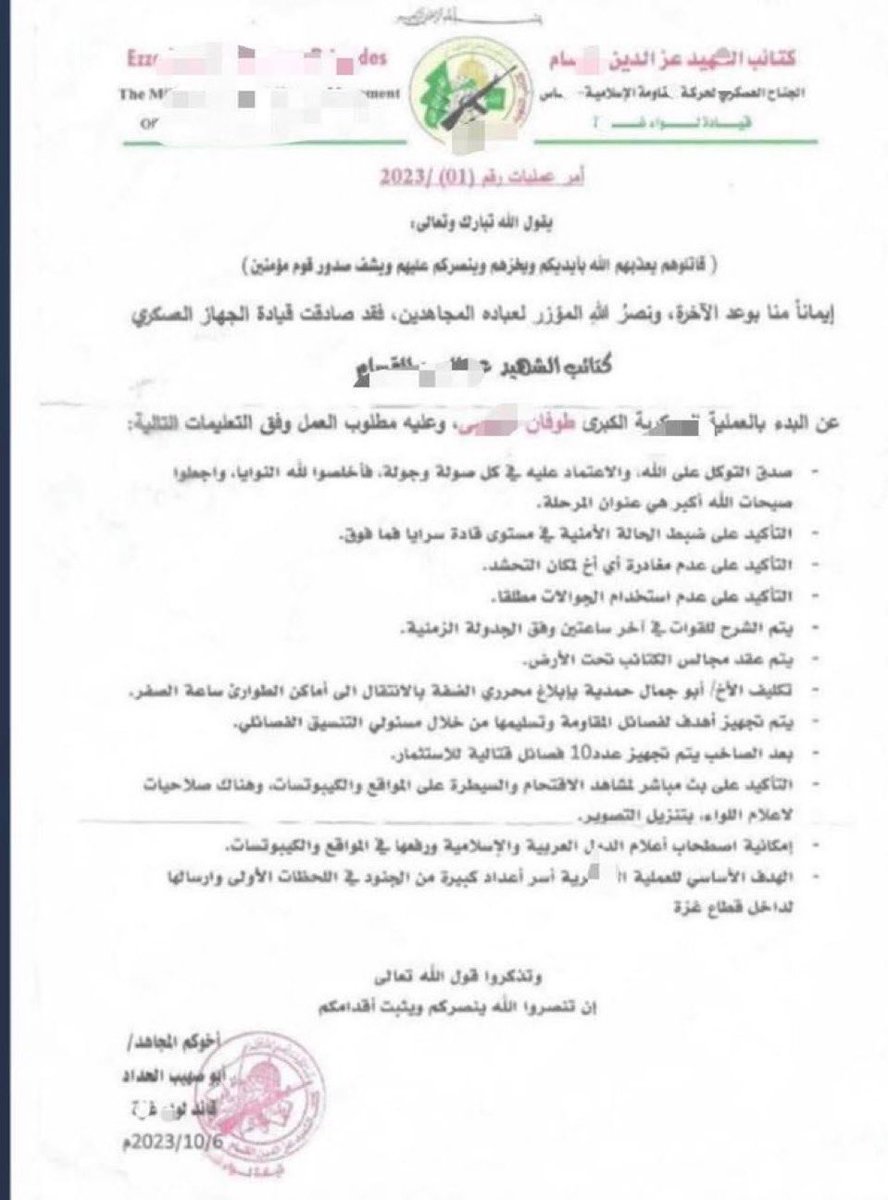
How to get URL link on X (Twitter) App


 Every weapon in the imperialist arsenal, covert sabotage, economic suffocation, “pro-democracy” fifth columns, open threats of invasion, has been thrown at Caracas, and every single one has failed.
Every weapon in the imperialist arsenal, covert sabotage, economic suffocation, “pro-democracy” fifth columns, open threats of invasion, has been thrown at Caracas, and every single one has failed. 
 The statement makes clear that the purpose of this operation is to bring security and stability back to Gaza, uprooting crime dens and agent networks created by the occupation and its intelligence proxies. Every member of the security forces and the Ministry of Interior is recognized for their sacrifices, and the resistance frames these sacrifices as a source of pride for every Palestinian and every free person in the world.
The statement makes clear that the purpose of this operation is to bring security and stability back to Gaza, uprooting crime dens and agent networks created by the occupation and its intelligence proxies. Every member of the security forces and the Ministry of Interior is recognized for their sacrifices, and the resistance frames these sacrifices as a source of pride for every Palestinian and every free person in the world.

 The Shadow Unit is not simply a collection of elite fighters; it is a disciplined, intelligence-driven institution that operates in absolute silence, away from the clamor of media and the chaos of the battlefield. Every operation is guided by rigorous strategy, meticulous planning, and an obsessive commitment to secrecy.
The Shadow Unit is not simply a collection of elite fighters; it is a disciplined, intelligence-driven institution that operates in absolute silence, away from the clamor of media and the chaos of the battlefield. Every operation is guided by rigorous strategy, meticulous planning, and an obsessive commitment to secrecy. 

 In December 1992, Issa led the legendary operation to capture Israeli soldier Nassim Tolidano, demanding the release of Hamas’s founder, Sheikh Ahmed Yassin. The occupation refused, so Unit 101 executed the soldier and dumped his body in the street, a move that triggered a massive, vindictive crackdown: thousands arrested across the West Bank and Gaza, and hundreds of resistance leaders exiled to Marj al-Zuhur in south Lebanon.
In December 1992, Issa led the legendary operation to capture Israeli soldier Nassim Tolidano, demanding the release of Hamas’s founder, Sheikh Ahmed Yassin. The occupation refused, so Unit 101 executed the soldier and dumped his body in the street, a move that triggered a massive, vindictive crackdown: thousands arrested across the West Bank and Gaza, and hundreds of resistance leaders exiled to Marj al-Zuhur in south Lebanon.


 No colonial regime “prefers” the men and women who deny its permanence. It fears them. The Zionist state annihilated Gaza’s universities, bombed the camps, slaughtered entire families, and then celebrated the killing of every name on that wall of martyrs, proof that what it “prefers” is submission, not survival.
No colonial regime “prefers” the men and women who deny its permanence. It fears them. The Zionist state annihilated Gaza’s universities, bombed the camps, slaughtered entire families, and then celebrated the killing of every name on that wall of martyrs, proof that what it “prefers” is submission, not survival.

 These numbers reflect congressional appropriations, Foreign Military Financing (FMF), offshore procurement for Israel’s domestic weapons industry, direct replenishment of U.S. stockpiles shipped to Israel, special funding for ammunition procurement, and outlays to boost U.S. arms production lines specifically to meet Israeli demand.
These numbers reflect congressional appropriations, Foreign Military Financing (FMF), offshore procurement for Israel’s domestic weapons industry, direct replenishment of U.S. stockpiles shipped to Israel, special funding for ammunition procurement, and outlays to boost U.S. arms production lines specifically to meet Israeli demand.

 Each cell received its mission set, breach teams tasked to neutralize enemy surveillance, shock units cleared to storm fortifications, recovery squads ready to extract hostages, and technical cadres deployed to intercept and reroute communications inside occupied sites. The timeline was measured in minutes, with every maneuver clocked, and every phase locked to signal discipline. Fire support was on standby; command posts were established with redundancies across the sector.
Each cell received its mission set, breach teams tasked to neutralize enemy surveillance, shock units cleared to storm fortifications, recovery squads ready to extract hostages, and technical cadres deployed to intercept and reroute communications inside occupied sites. The timeline was measured in minutes, with every maneuver clocked, and every phase locked to signal discipline. Fire support was on standby; command posts were established with redundancies across the sector.


 According to their own admissions, Iranian operatives posed as representatives for the Israeli singer Yuval Eliasi (“Saya”), sending messages in an attempt to meet with Hillel Ben Gvir, the 17-year-old daughter of occupation National Security Minister Itamar Ben Gvir. The supposed “concert booking” was nothing more than a pretext to demonstrate that the resistance’s intelligence reach can penetrate into the private lives of the regime’s most protected figures.
According to their own admissions, Iranian operatives posed as representatives for the Israeli singer Yuval Eliasi (“Saya”), sending messages in an attempt to meet with Hillel Ben Gvir, the 17-year-old daughter of occupation National Security Minister Itamar Ben Gvir. The supposed “concert booking” was nothing more than a pretext to demonstrate that the resistance’s intelligence reach can penetrate into the private lives of the regime’s most protected figures.



 The timing and context amplify the weight of this breach. During the 12-Day War against Iran, the same AMOS satellites were weaponized to sustain Israel’s operational tempo, supporting targeting links, secure command chains, and real-time coordination across allied networks.
The timing and context amplify the weight of this breach. During the 12-Day War against Iran, the same AMOS satellites were weaponized to sustain Israel’s operational tempo, supporting targeting links, secure command chains, and real-time coordination across allied networks. 
 The roots of Islamist resistance in Palestine run far deeper than 1987. In the 1930s, Sheikh Izz al-Din al-Qassam organized men from mosques into armed revolt against the British and early Zionist militias. His death in 1935 made him a symbol of defensive jihad and anti-colonial struggle. Hamas’s military wing bears his name precisely because he represents continuity: faith fused with arms against occupation.
The roots of Islamist resistance in Palestine run far deeper than 1987. In the 1930s, Sheikh Izz al-Din al-Qassam organized men from mosques into armed revolt against the British and early Zionist militias. His death in 1935 made him a symbol of defensive jihad and anti-colonial struggle. Hamas’s military wing bears his name precisely because he represents continuity: faith fused with arms against occupation.

 He writes: “Who would have thought that the state founded on the ashes of global war, fed endlessly by Western support, would reach this dark moment? Yes, I say it clearly: Israel will collapse within two years.”
He writes: “Who would have thought that the state founded on the ashes of global war, fed endlessly by Western support, would reach this dark moment? Yes, I say it clearly: Israel will collapse within two years.”